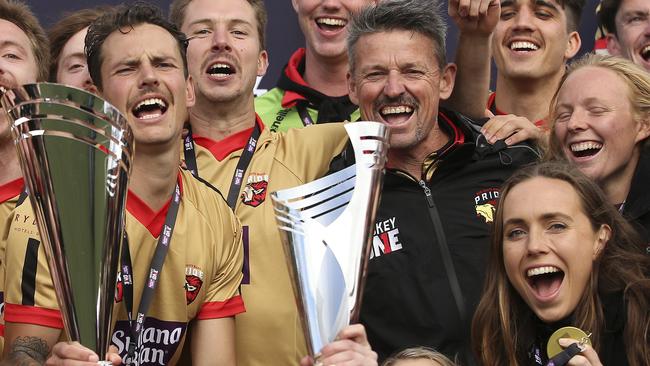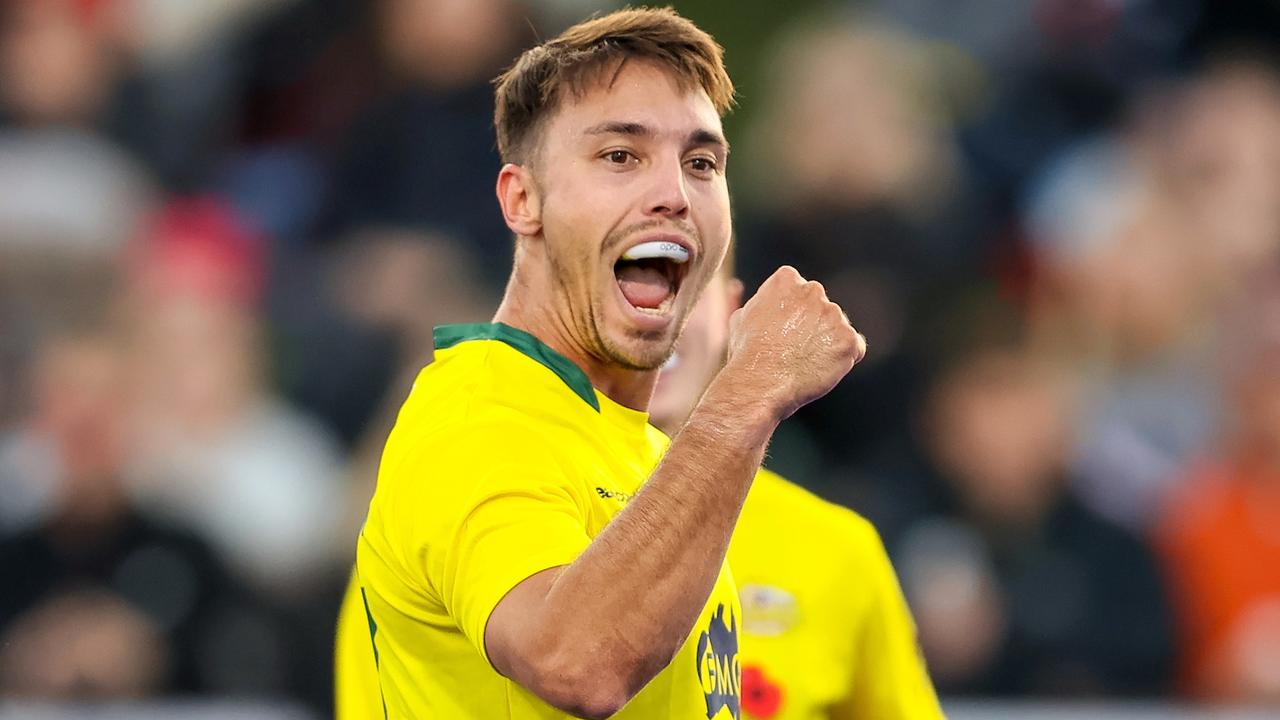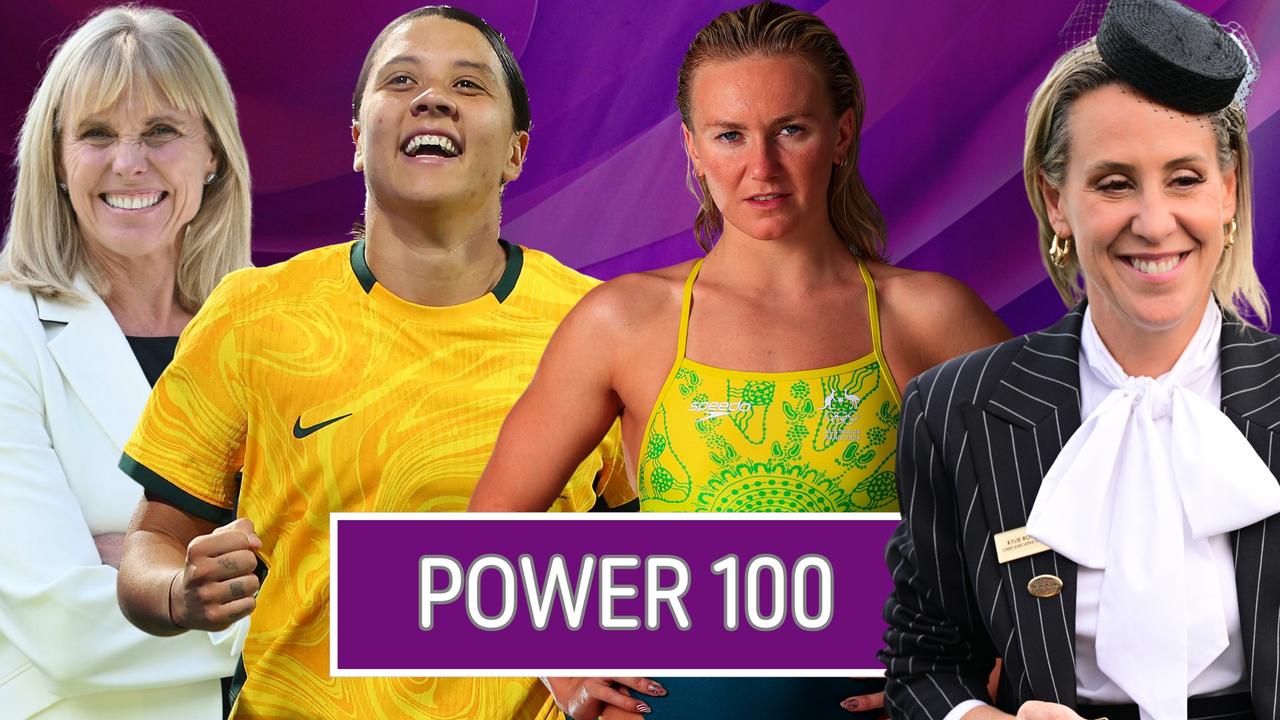Hockey One looks to build through global broadcast audience in 2023 after Covid stunted initial growth
The buzz created by the launch of the Hockey One league in 2019 all but disappeared after the pandemic wrote off the next two seasons. About to enter its third season, a new international broadcast deal has brought renewed hope.

Hockey
Don't miss out on the headlines from Hockey. Followed categories will be added to My News.
Grand plans are in the works for Australia’s fledgling national hockey competition with this year’s Hockey One League set to be broadcast internationally, amid a future focus on a longer season and expansion clubs.
The new league, launched in 2019, created a huge buzz in the hockey community, but, after the Covid pandemic wrecked the next two seasons, it was back to square one for organisers.
Having successfully navigated the competition’s 2022 relaunch and, with this season’s games set to be broadcast into hockey-mad India, league chairwoman Carolyn Campbell said the board was aiming to capture a broader audience of sports fans to provide greater support for Australia’s elite and up-and-coming talent.
“We want to explore new market opportunities, whether this be through attracting world class international players or having the league broadcast into more countries globally,” Campbell said.
“This season, Fancode will be taking the matches into India, while there are also other international partnerships in the works.
“Essentially, the Hockey One League is still a start-up. It’s only the third season.”

Players and coaches from all seven current clubs came together in Perth on Wednesday to launch the new season, which hits off Friday in Tasmania when the Tigers host Hockey Club Melbourne.
It’s understood no expansion locations have been earmarked by the board, but the Northern Territory, or even across the ditch in New Zealand might be viable options for new Hockey One entrants.
Both moves would come with unique challenges — a Kiwi club would likely be stacked with Black Sticks internationals, while depth in NT would need to be addressed to ensure the team was competitive.
Campbell confirmed expansion teams were on the board’s agenda.
“There is strength in numbers with near neighbours, particularly to supplement the growth and opportunities inside our Australian premier domestic league,” she said.
Part of that growth involves addressing Hockey One’s relatively short season — six games per club, plus a finals weekend at a centralised venue over a six-week period — and lack of parity.
Since its inception, many in the hockey world have called for a true home-and-away competition, where each team plays the other twice — once as host, once as visitor — before finals.

“We would love to get to a position where we have a true home-and-away season where every franchise plays the other both home and away,” Campbell said.
“The board is committed … this is our showcase domestic league and we need to be producing this opportunity for the best Australian players.”
Hockey One still has a long way to go in the pay stakes, with most players giving their services without pay — the chance to test themselves against elite competition, coupled with the opportunity to impress national selectors, the biggest carrot.
Hockeyroos legend Rachel Lynch revealed Hockey Club Melbourne was working toward financial compensation, a step toward a more professional status.
Kookaburras Tokyo Olympic silver medallist Aran Zalewski, who represents Perth Thundersticks, said broadcasting was essential to the growth of hockey in Australia.
“I’m really looking forward to the spectacle of having Hockey One on television,” Zalewski said.
“Getting people to engage in the game, whether it’s live or watching replays online, I think it’s an important part of promoting our sport.”
Campbell said the board would conduct a thorough review at the end of the season and use it to guide future plans.
More Coverage
Originally published as Hockey One looks to build through global broadcast audience in 2023 after Covid stunted initial growth





